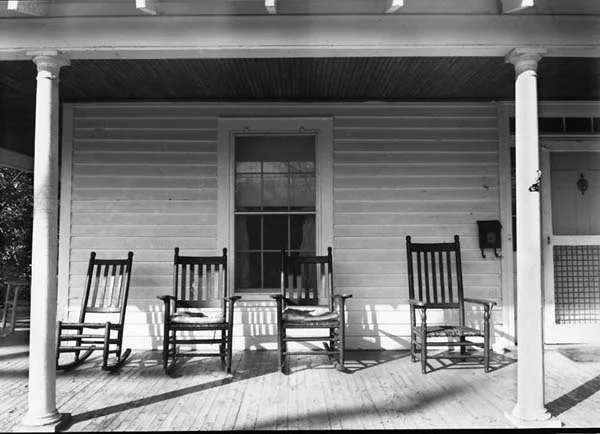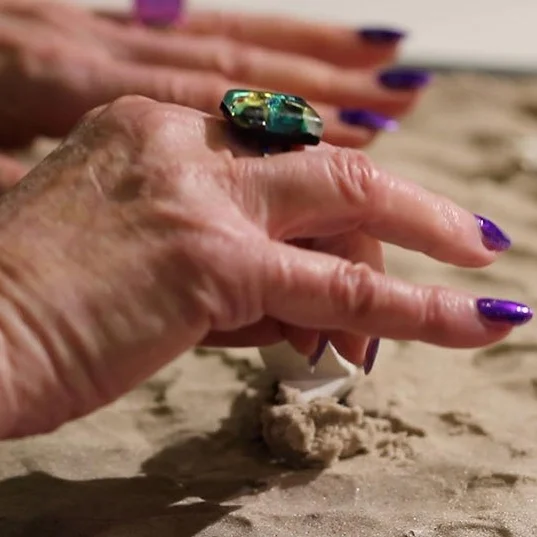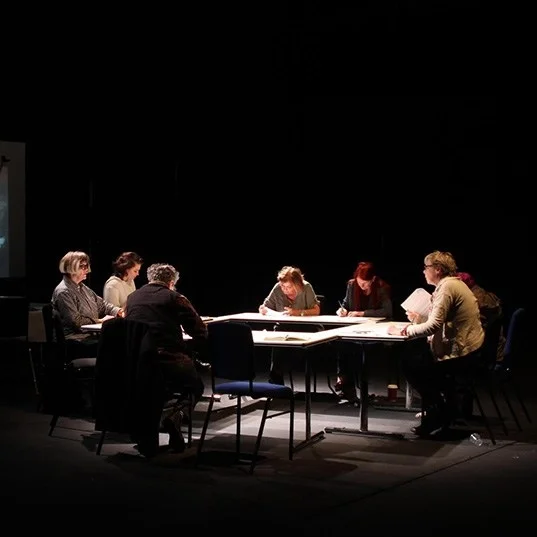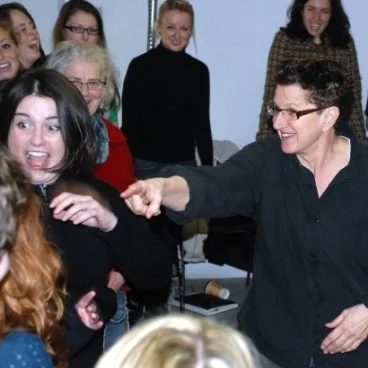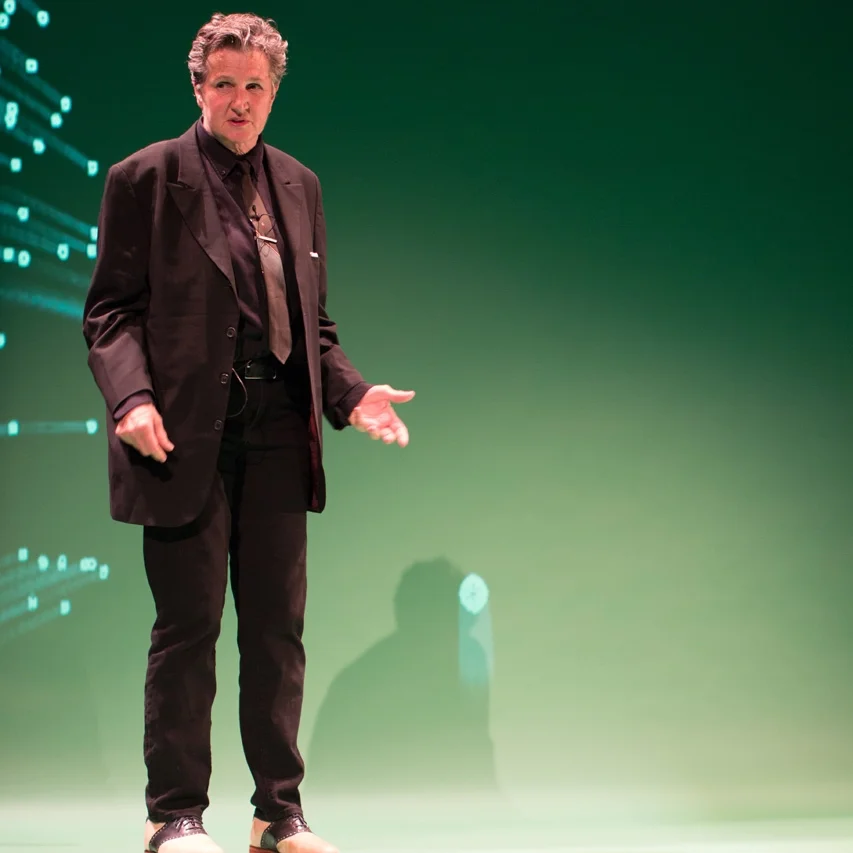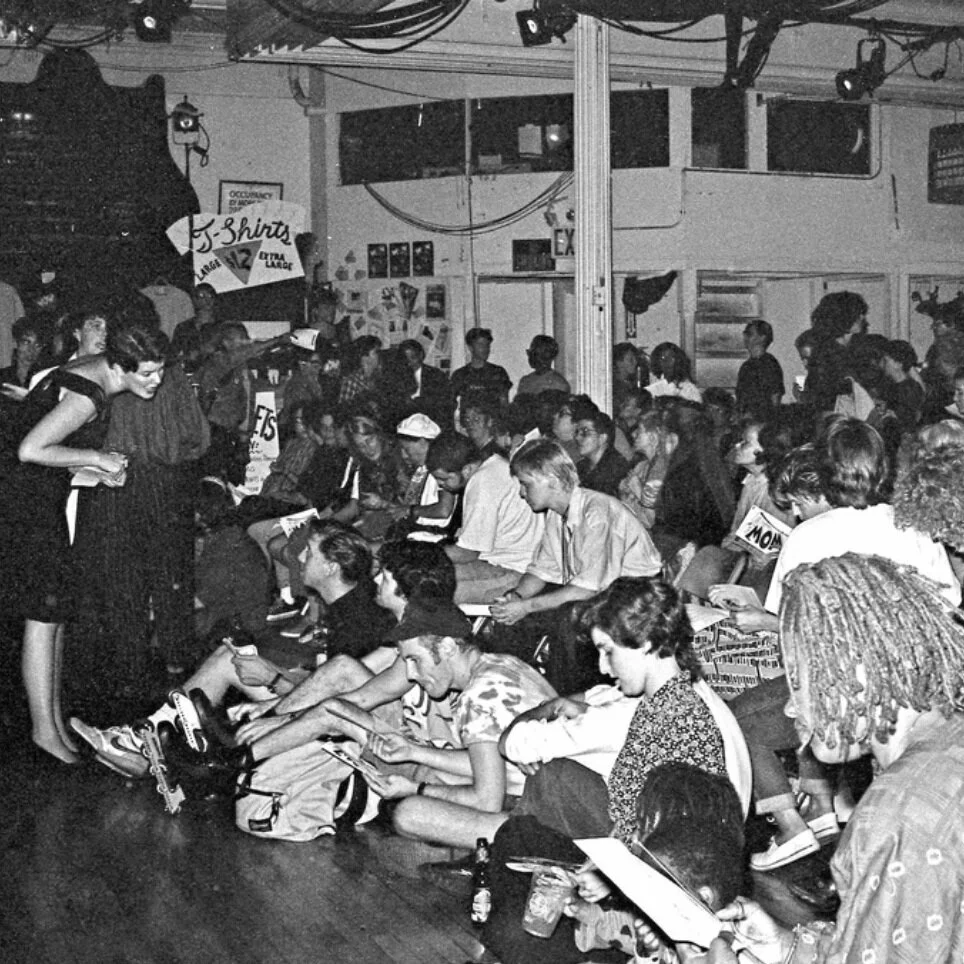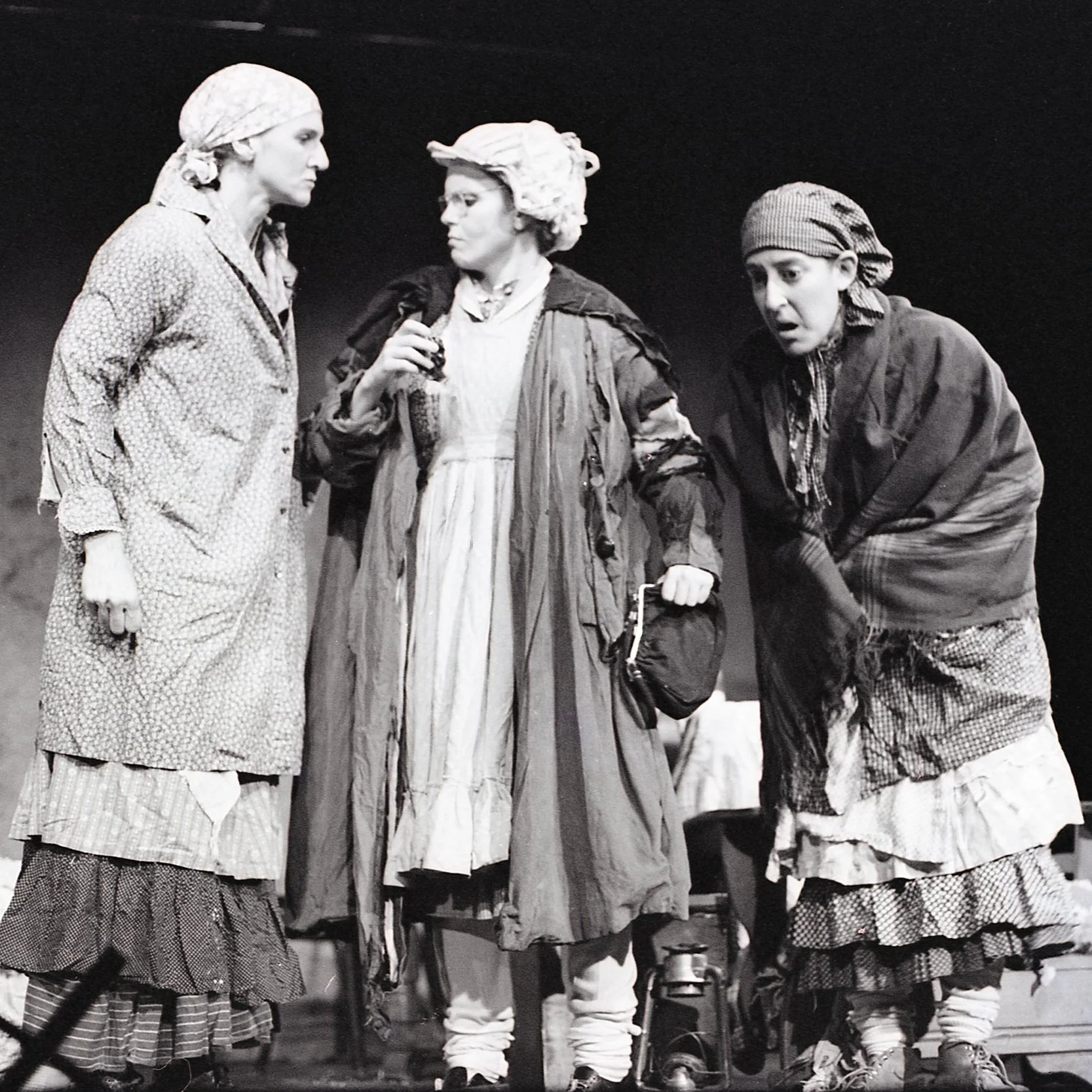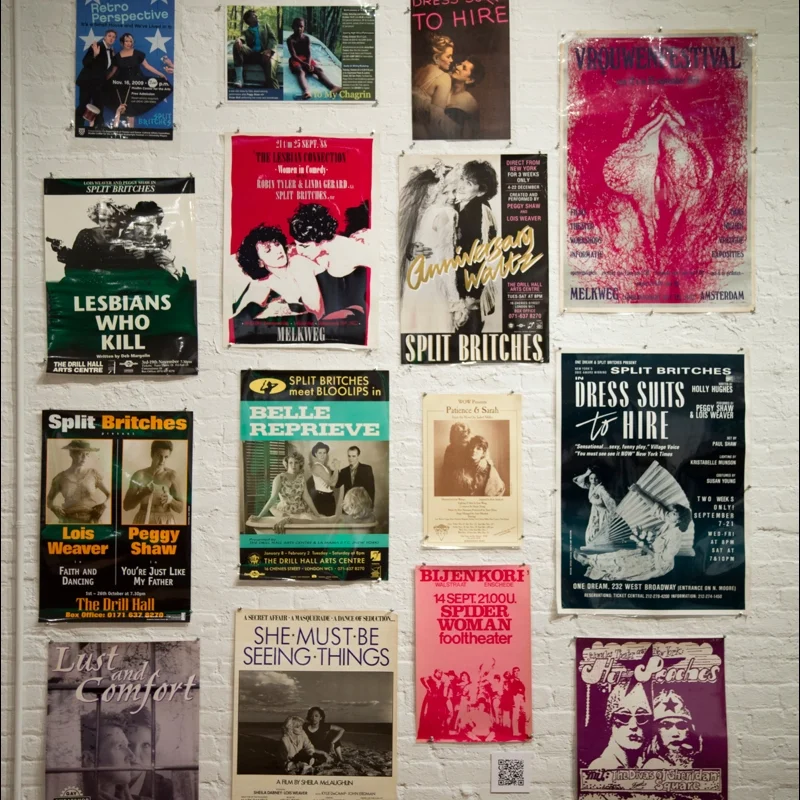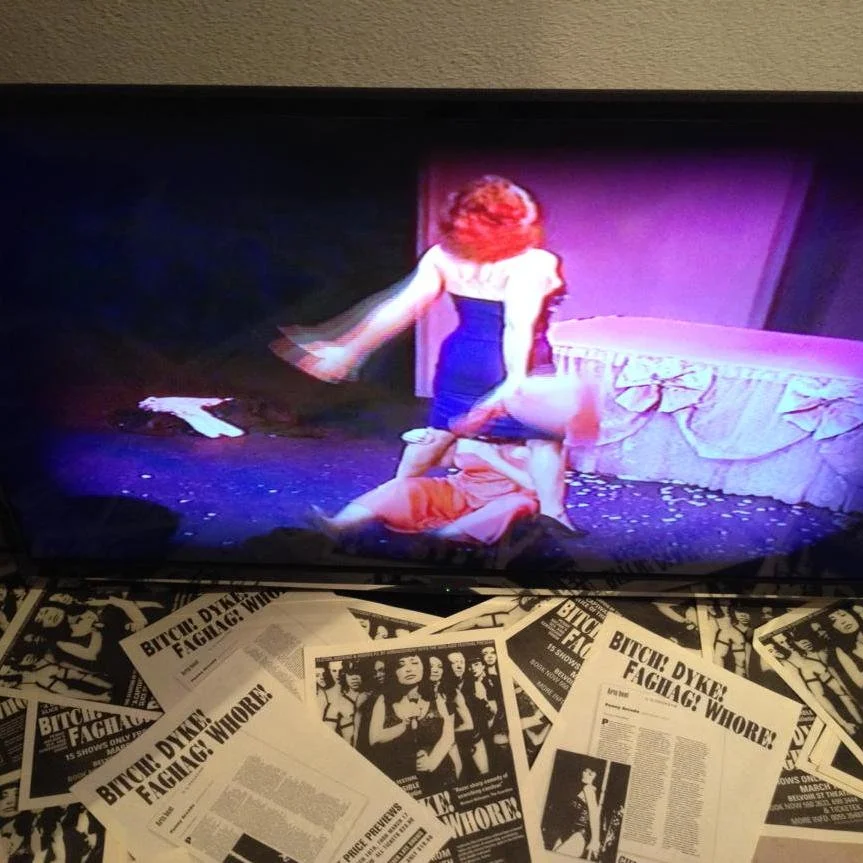Know How
Know How is the way we've come to describe our commitment to providing people with frameworks of knowledge. We've done this in a lot of ways, including working with young people in universities, working with elders, teaching, curating events and exhibits, doing workshops, and having lots of conversations.
We're dividing this up into two bits, one which gives you a little more background about our work with other people, and the other that gives you some of the manifestos we’ve written over the years.
Background
We have always used performance to help us face life challenges and reckon with the current political situation. We like to think of every performance as a vast interconnected conversation that we are constantly seeking to expand. This has meant our engagement work and performance work have developed a symbiotic, intertwined relationship. We are always trying to share the knowledge we gain to bring more people into the conversation, and using every project as a further prototype, using the learnings to inspire our next iteration.
Manifestos
One thing that stays fairly constant when we begin working with new groups of people is the way we begin our first session. We always begin with an invitation:
ask us any question you like, and we will answer.
Our answers may be truthful, or they might be impulsive, or they might even be false, but we will answer any question that is posed to us. We've found this helps break down some of the initial barriers, gives us a sense of the other people in the room based on what questions they ask us, and sets a precedent for questioning.
Exhibitions
We’ve also contributed to two exhibitions in an attempt to pull back the curtain of obscurity on our work and the ways we make work, and to combat precious, exclusionary methods of making art. Desperate Archives was our first version of this, presented at La Mama Galleria NY in 2013, and we reinterpreted this material to make A Question of Decency as part of the Confrontations Performance Festival in Lublin, Poland in 2015. The exhibition incorporated archival material from Split Britches, Holly Hughes, Citizen Reno and Penny Arcade to expose the context of making queer work within the Culture Wars of the 80s and 90s in America.

